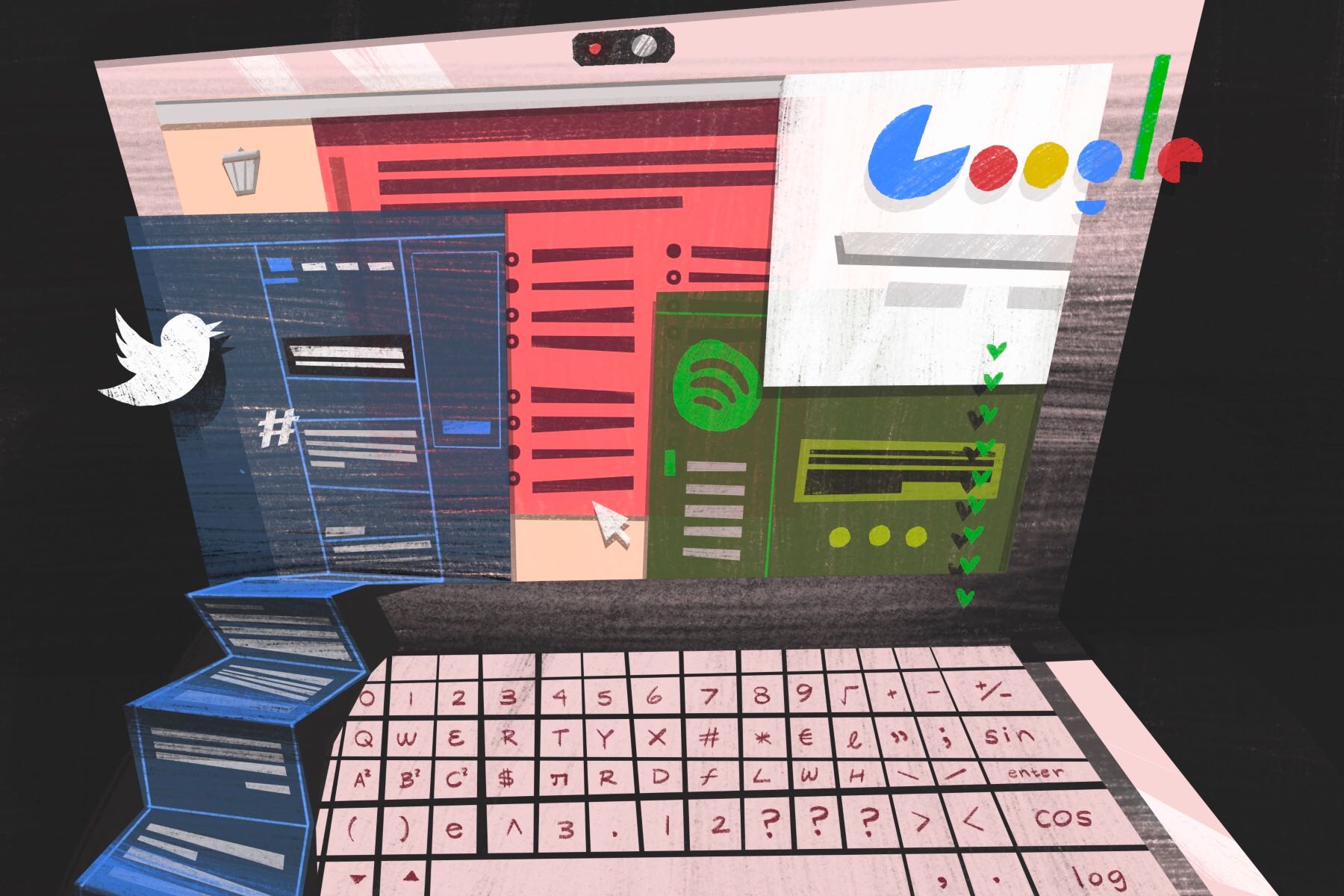It is with great pleasure that I inform you of your acceptance to Zoom University!
We are in the middle of a future history lesson. When you think about it, when’s the last time the world has been in this position? I’m only 20, but I can’t recall a time when grocery stores had to cut back their hours because they can only restock so many times in the day. I can’t remember a time when every store in the city ran out of tissue and paper towels due to panic buying. This is not doomsday. Why isn’t there any tissue?
Amidst this COVID-19 world we’re living in, colleges and universities across the country have closed down and moved the remainder of their semester online. Not everyone, but the majority of these institutions are closed.
Everything is online all the way down to the exams. They’re a major part of your grade and they’re to be taken seriously. Traditionally, you’d take your exam in a classroom. Now, you can take them in the comfort of your own home and because it is online, it’s open note/book.
Some students may look at that as a good thing and in most cases, it is. Here’s some things to keep in mind before taking an exam at Zoom University.
DO: Study for your exam
This is probably a given, but just because the exam is open note/book does not mean it’s going to be an easy A. If anything, your professor will make the exam just a little harder and change the guidelines because they know you’re going to use your notes. For example, one of my professors made the exam to where once we answer a question, that’s it. You can’t go back and there’s a time limit. Another professor requires us to explain why we chose our answer, which makes you think and show that you thought about it.
DO: Show up for your exam
Again, obvious, but I have missed several quizzes and almost missed an exam because I forgot they were online. Coming from an in-classroom setting, it can be a little difficult transitioning to online courses. So, when you get your updated syllabus, fill out your planner and remind yourself when the exam is going to be open.
DON’T: Cheat
Just because it’s online and convenient does not give you a pass to be lazy. Online exams are just as convenient for students as it is for professors and believe me when I say: They know when you’re cheating. Some students have to take their test live and their professor is able to see if and when you open another tab. They might not know how to make a video full screen, but they can catch a cheater a mile away.
DON’T: Cheat collectively
Since we’re on the topic of cheating, let me add not to cheat as a group. As I said before, professors know when you’re cheating, even with online exams, and it’s even easier to tell when multiple people are cheating off one another.
DO: Get comfortable
An exam can make or break your grade. For me, transitioning online has not been easy because I feel like I’m on summer vacation. I’ll say I’ve gotten too comfortable, but I’ve been improving day by day. When it comes time to take an exam I like to make sure that whatever setting I’m in is clean. I simply can’t do anything productive in a messy area. Lock yourself in your room or closet if you have to and make sure there are no distractions. Leave your phone elsewhere and log out of FaceTime and Messages on your laptop because it’s time to get serious.
DON’T: Lose track of time
I have been on the verge of failing a test because I lost track of time. I can get so caught up on a question that I forget there are 25 other questions that need to be answered. What has helped me in the past is setting alarms. Depending on the time given for the test I’d set 10- or 15-minute interval timers to remind me that I only have a certain amount of time left. Yes, there is a timer on the screen, but when I get in the zone I block out my surroundings.
DO: Stay organized
When I study I have an outline created or given to me by a professor. Originally, it’s a simple black and white paper, but after I’m done studying and annotating, it’s an actual rainbow. No one understands the way my study guides are to be read and that’s fine because it works for me. Since online exams are open note and/or open book, it’s important to know what question goes with what section. There’s nothing worse than filing through your notes over and over and over again to find the section for that question. This also relates back to studying days before the exam because if you studied you’ll know where the information is.
DO: Prepare for technical difficulties
Prepare for the worst so you’re not blindsided. There is nothing more annoying than taking an exam and your computer freezes or your Wi-Fi gives out. To prevent any possibility from occurring make sure everything is in order. In case this happens I usually copy my answers to another document so if my computer crashes or freezes I’ll still have a document with all my answers.
DON’T: Speed study at the last minute
I have done this a lot. I am trying to help you. Hear me when I say: Do not study at the last given minute. Cramming information will get you nowhere. You know where it will get you? Crying in bed because you absolutely bombed your exam. Cramming information on top of the stress of taking an exam only rids you of all the information you’re trying to remember. If anything, you’ll remember less information.
Here’s to the Zoom University Class of 2021.

















